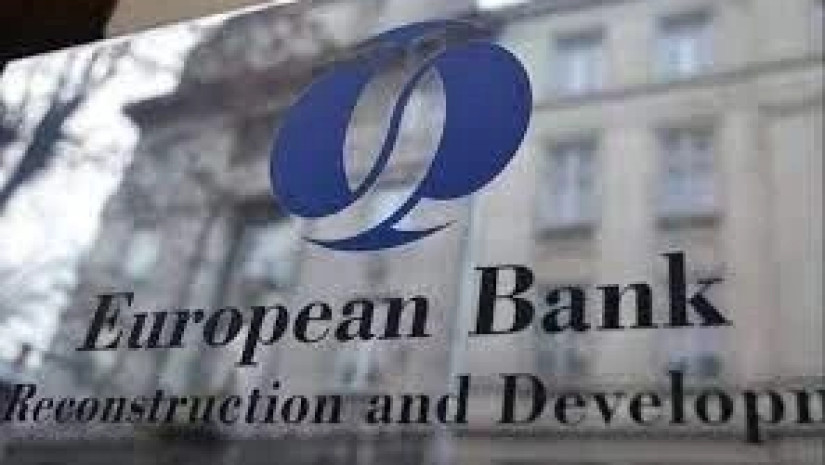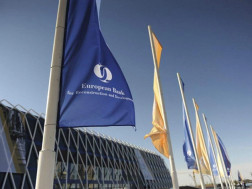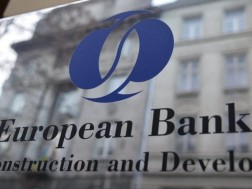The European Bank for Reconstruction and Development (EBRD) supported Georgia’s economy to the tune of €295 million in 2021, with investments in infrastructure and energy and financing for small and medium-sized enterprises (SMEs) through credit lines to local banks and trade financing.
The Bank continued to focus its activity on the private sector, which accounted for 79 per cent of its total investment in the country.
Catarina Bjorlin Hansen, EBRD Regional Director for Caucasus, said: “The EBRD team put in an impressive performance in 2021, helping our clients to build a more inclusive and greener economy following the impact of the Covid-19 pandemic. Our support included trade finance support and the provision of funding to local partner banks for on-lending to the private sector. Our support for the banking sector fostered corporate access to finance, with additional incentive grants from the European Union. We also invested in energy and municipal infrastructure.”
Among the highlights in 2021 were the EBRD’s support for infrastructural development and its promotion of capital markets. The Bank invested €44 million in Georgia’s first green bond issue by a state-owned enterprise, Georgian Railways.
Under the EBRD Green Cities programme, the Bank financed the modernisation of Tbilisi’s solid-waste landfill, as well as the solid-waste collection fleet, to help improve air quality. The Bank continued to support the upgrade of public transport services across the city by financing the acquisition of more modern buses.
It promoted economic resilience by providing partner banks with liquidity funding and keeping vital trade flows going. In Georgia, alone, the EBRD supported €49.2 million worth of trade finance transactions under its Trade Facilitation Programme in partnership with three local partner banks.
The EBRD further increased its support for SMEs by providing €60 million in loans to commercial banks for on-lending to local businesses for investments to aid recovery and strengthen competitiveness.
The Bank also gave business advice to local SMEs, through 76 advisory and consultancy projects to help companies improve their performance and grow and strengthen their activities to overcome the crisis. It placed special emphasis on women-led or -owned companies, training 177 women entrepreneurs and managers.
The Bank continued to implement the EU-EBRD Digital RE4M Programme, specifically designed to help local SMEs with digital transformation. In Georgia, the support included regular advisory assistance (funded by South Korea) and the Women in Business initiative (funded by Sweden and the European Union).
Complementing its investments, the EBRD continued to engage in policy dialogue. The Bank played a key role in leading private and public-sector dialogue through the Investors Council platform. It also provided technical support, enabling the government to realise its inclusive and green agenda.
In addition, the EBRD maintained its efforts to enhance gender inclusion in its projects, creating equal opportunities for men, women and youth, especially in the rural areas.
In 2021, the EBRD also approved its new Georgian country strategy for the next five years. The strategy outlines the key priorities for Bank operations in Georgia, including: (i) improving the productivity and resilience of the economy through enhanced competitiveness and access to finance; (ii) promoting equal opportunities through better inclusion and balanced territorial development; and (iii) accelerating the green transition through increased investment and better governance.
Overall, last year, across the economies in which the EBRD invests, green financing hit a record €5.4 billion, or 51 per cent of the Bank’s total investment volume of €10.4 billion.
















